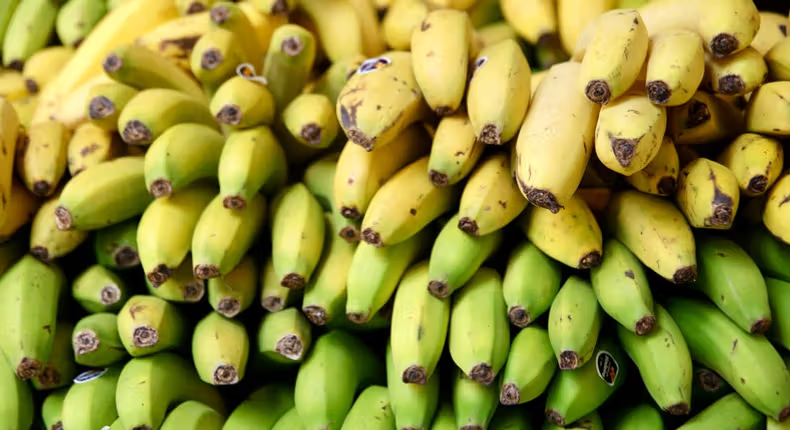The health benefits of bananas vary depending on their ripeness, catering to different health objectives.
Do you enjoy eating bananas? If so, that’s fantastic, as they are an incredibly nutritious fruit.

However, have you ever pondered whether it’s better to consume ripe or green bananas? Surprisingly, the answer to this question may not be what you expect. How do they differ, and how do they impact our health?
On one hand, there’s the notion that green bananas can help prevent excessive sugar intake, while on the other, ripe bananas are believed to boost our immune system. So, what’s the reality, and which ones should we opt for?
For years, bananas have been unfairly associated with weight gain. In reality, they are highly nutritious and satiating fruits that can also be beneficial when dieting. They are rich in various nutrients.
While 100g of this fruit contains around 90 kcal, their moderate consumption poses no harm. Bananas are an excellent source of potassium, a vital mineral for health. Additionally, they provide vitamin C, fiber, and vitamin B6.
They contribute positively to lowering LDL (bad cholesterol) levels, support cardiovascular health and immunity, and offer essential nutrients for our skin and hair. However, their impact on the body also hinges on their ripeness.
Choosing between ripe and green bananas
Green, unripe bananas are renowned for their high resistant starch content, while ripe ones are often criticized for their sugar content. So, which should you opt for? It largely depends on your preferences and health goals.
The calorie and sugar content of bananas varies based on their ripeness. If you aim to minimize sugar intake, opt for green bananas. As bananas ripen, enzymes convert the starch into glucose and fructose—simple sugars. Individuals with glycemic issues may prefer less ripe fruits.
Although ripe bananas are easier to digest, unripe ones contain higher levels of vitamins and minerals. On the other hand, yellow and ripe fruits boast more antioxidants, which are associated with reducing the risk of certain cancers.
Furthermore, overripe bananas, indicated by brown spots on the skin, produce tumor necrosis factor (TNF), a substance known to combat cancer cells.
Ripe bananas have also demonstrated superior immune-boosting properties compared to unripe ones, with results showing up to eight times better efficacy.
